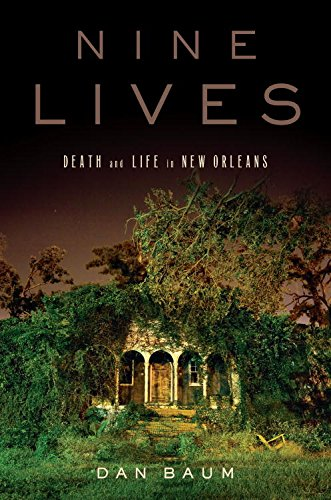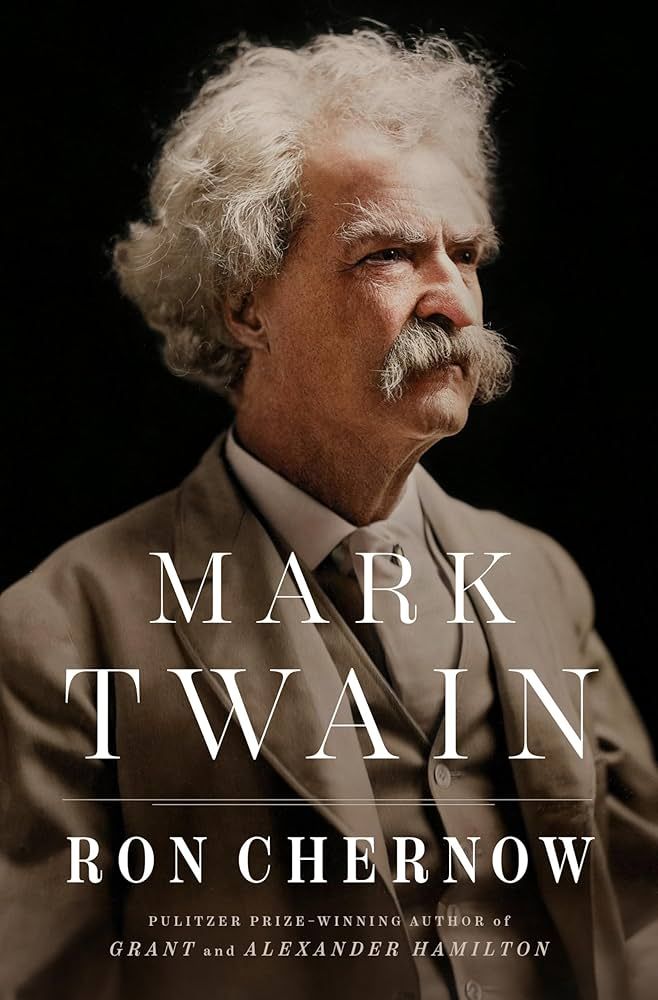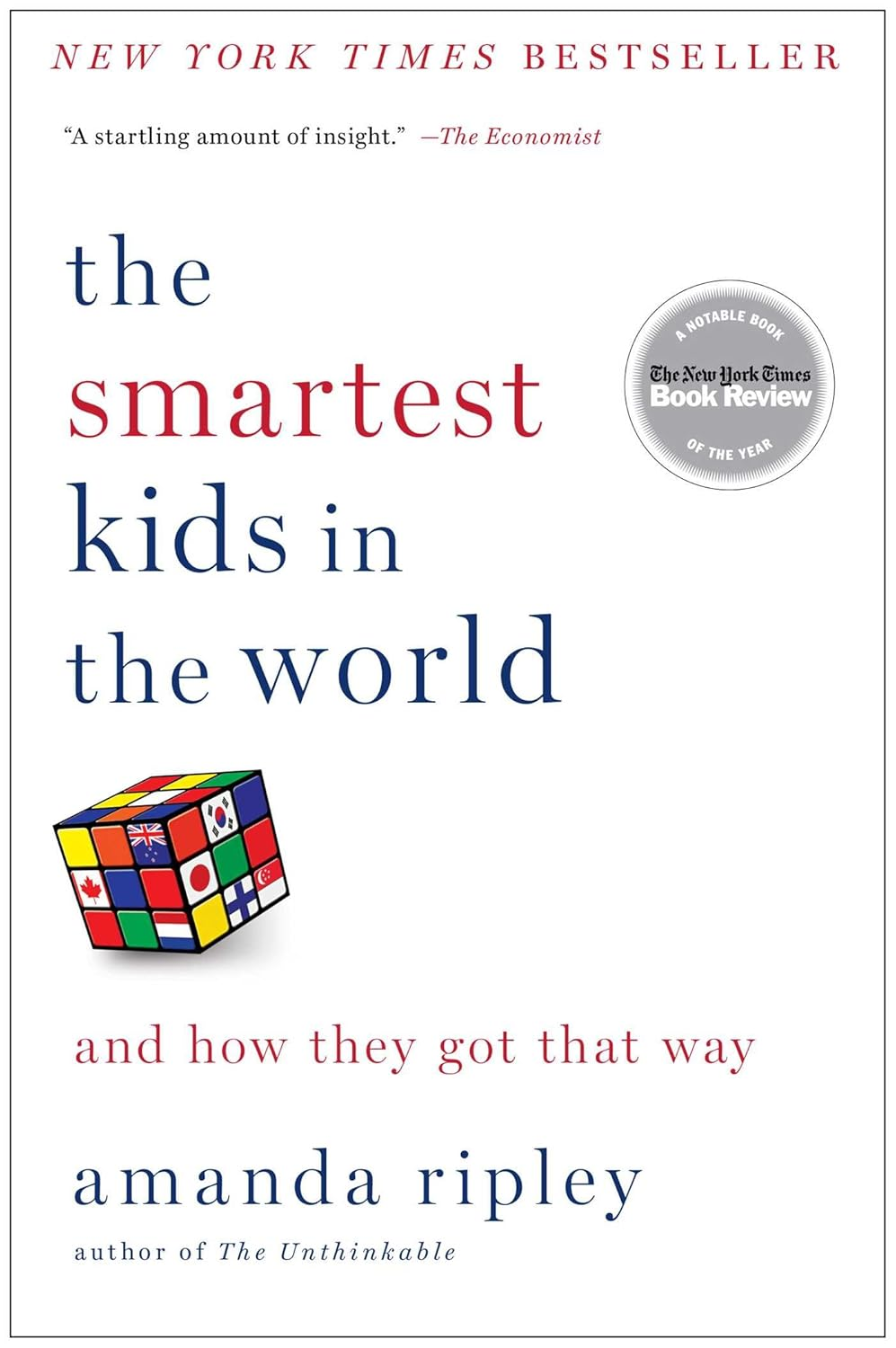What are you reading now?
-
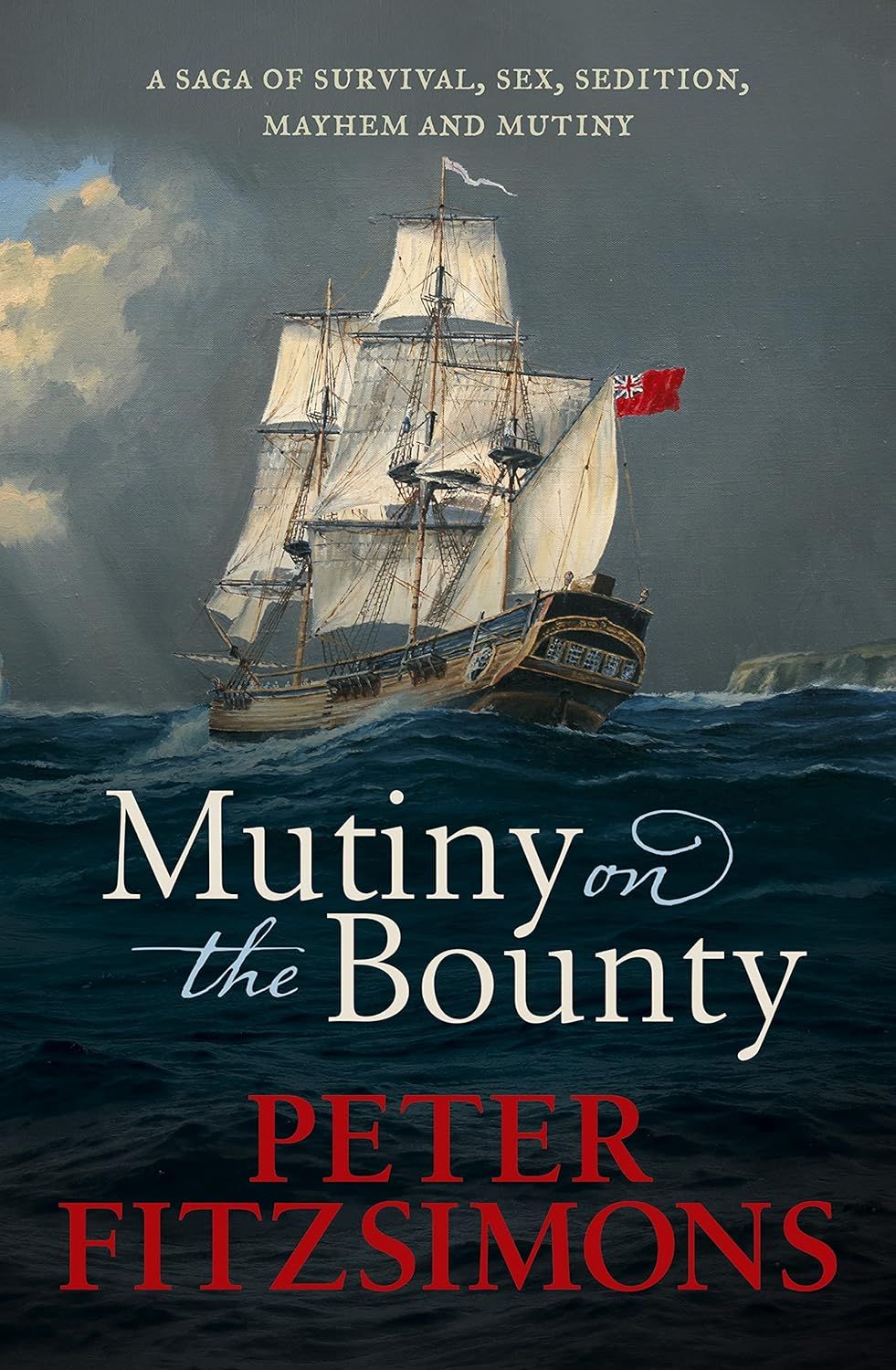
-
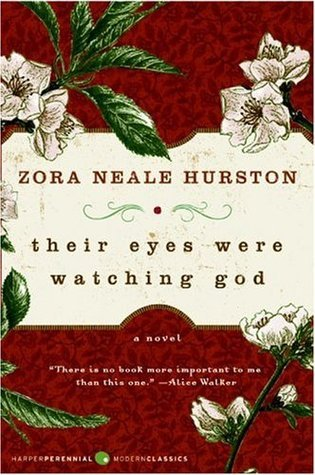
I belong to a University Club and we have monthly books we read and then discuss--this book is in the "classic" area. We also have reading groups for modern fiction, historical fiction and non-fiction and maybe other things too. It introduces me to books I normally would not think of reading for myself.
Following the dialogue in this book is more difficult than reading Chaucer.
-
Quite interesting. I’m about half way through. Some surprising things along the way, so far the most surprising thing was he was completely against Japanese internment and sought no involvement in it. He had already been collecting intelligence on Japanese non-citizens and wanted to detain far smaller numbers that he thought posed actual threats - like 700 or so.
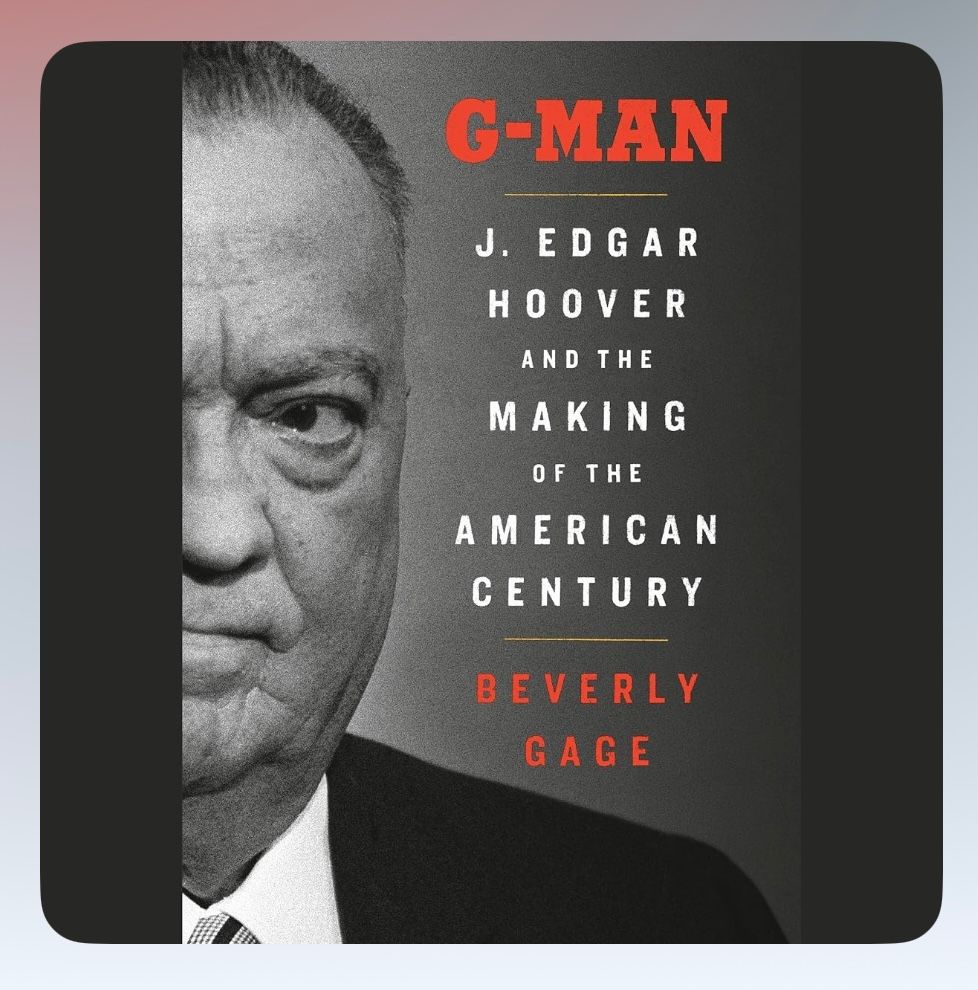
-
Quite interesting. I’m about half way through. Some surprising things along the way, so far the most surprising thing was he was completely against Japanese internment and sought no involvement in it. He had already been collecting intelligence on Japanese non-citizens and wanted to detain far smaller numbers that he thought posed actual threats - like 700 or so.

My understanding is that Hoover was personally more engaged with and always more focused on the threat from the various tentacles of the Kremlin and the Comintern than any threats posed from fascist Europe or Imperial Japan. He tended to steer the latter back to the military authorities whenever possible.
-
Just finished this.
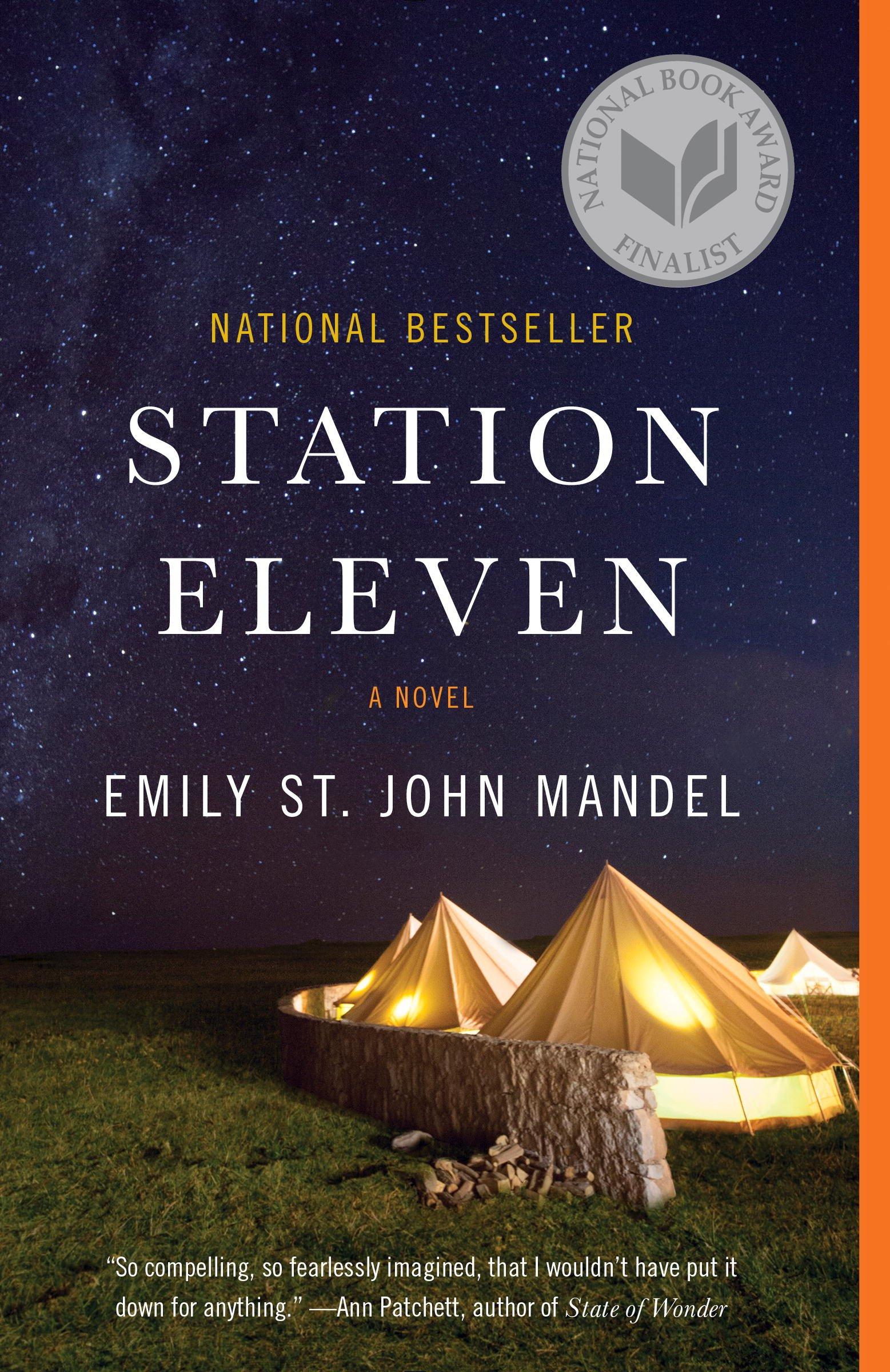
In an event called “the collapse,” a deadly flu epidemic sweeps the globe and kills most of the world’s population. The plot of Station Eleven revolves around a few main characters and offers glimpses into their lives both before the collapse and during the nineteen years that follow. Chapters often jump forward or backward in time, and shift focus and perspective from one character to another.
The book was actually written pre COVID. Very good book and believable.
-
In the theme of "dystopia" books, I just finished a book called "Blindess". It won the Nobel Prize in Literature (or at least the arther did.
The eerie dystopian novel Blindness (1995) by José Saramago is a profound commentary on society, human nature, and the frailty of civilization. The book is widely recognized as one of Saramago’s best works and has received praise for its perceptive examination of social disintegration, how people react to crises, and how resilient the human spirit can be when faced with unfathomable hardship. Blindness asks readers to consider their own societal systems, values, and the ease with which civilization might devolve into chaos through its stark, nearly apocalyptic themes.
An unexplained outbreak of sudden, complete blindness occurs in an unidentified city at the start of the tale. Whole groups of people become blind as a result, and social, political, and economic systems fall apart. In response, the government places blind people under quarantine in a desolate and remote institution, leaving them to fend for themselves in the face of growing violence and deprivation. A small group of individuals, led by a lady who is still able to see, fight to survive and keep some sense of humanity in the middle of this breakdown.
It was a hard read for me. It is originally from Portugal, and it unstructured in terms of puncuation. No quotation marks, etc. I am guessing that the original is the same way. May @jon-nyc could read the original and comment.

-
@Mik said in What are you reading now?:
Gosh, it’s good to have you back, TG.
 ️
️Thanks. You are so kind!!!
-

In "The Last Stand," bestselling author Nathaniel Philbrick reexamines the legendary Battle of Little Bighorn, a pivotal moment in American history that epitomizes courage and catastrophic defeat. Intertwining the fates of two iconic figures—Sitting Bull, a charismatic leader of the Plains Indians, and the daring George Armstrong Custer, a celebrated Union cavalry officer—Philbrick crafts a compelling narrative that unveils the complexities of this epic confrontation. The June 1876 battle stands not only as Custer's infamous "Last Stand," but also as a bittersweet victory for the Sioux and Cheyenne nations, whose resistance against government policies would soon lead them to confinement on reservations. With vivid descriptions of the Great Plains and a dramatic sense of history, Philbrick's account captivates readers, illuminating a story that continues to resonate in the American psyche.
Really good book and quite interesting. I did not know much about this history, but learned a lot. Amazing how things have changed over the past years. This would be a book that I think @jolly would like. Very atmospheric and makes you feel that you there as it is happening. Only problem (for me) in the book is that there is a lot of names to keep track of. LOL
-
Quite a really good book.
The Dyatlov Pass incident (Гибель тургруппы Дятлова) was an event in which nine Soviet ski hikers died in the northern part of the Ural Mountains ridge in the Russian SFSR of the Soviet Union on 1 or 2 February 1959 under undetermined circumstances. The experienced trekking group from the Ural Polytechnical Institute, led by Igor Dyatlov, went on a hike of the highest difficulty level at that time, and had established a camp on the eastern slopes of Kholat Syakhl mountain. Overnight, something caused them to cut their way out of their tent by knives and flee the campsite while inadequately dressed for the heavy snowfall, strong winds and highly subzero temperatures (-50 – -40 F).
All of them, except for one, were about 20-23 years old. Going to the edge of Siberia in the middle of winter was not an easy hike. Plus, hiking and trekking equipment has improved a lot over the last 60 years. This book gives a possibility of what happened, but really, I dont think we will ever know 100%. The group was aiming to get a certain hiking category certificate, and documented their hike with pictures. Recommended to read.

-
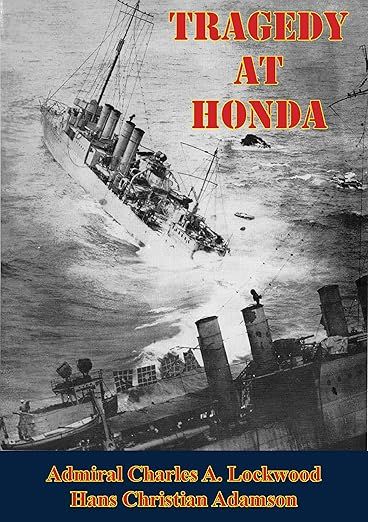 https://m.media-amazon.com/images/I/A1NQz37O-rL._SY522_.jpg
https://m.media-amazon.com/images/I/A1NQz37O-rL._SY522_.jpgThis is a story I never knew. The worst naval mishap in American history. 1923. Seven US destroyers crashed into the California coast on a foggy night. Because they were all folllowing the lead ship which made an error in navigation and smashed at full speed into a rocky coast, and one after the other they next ones came flying in.

